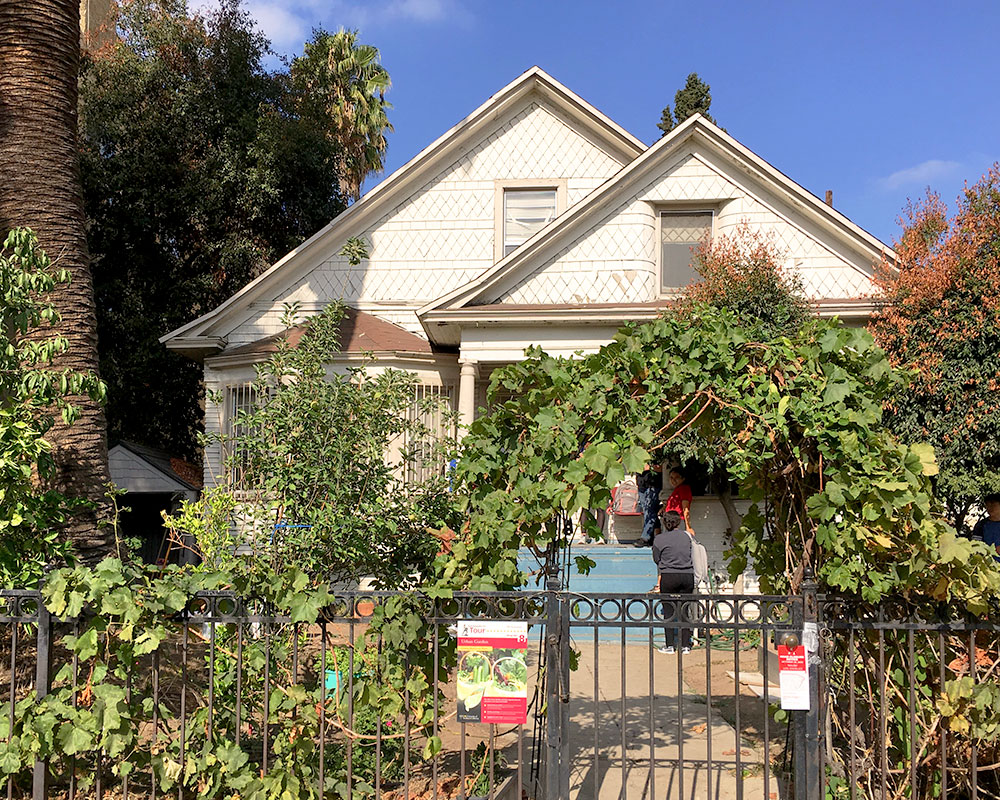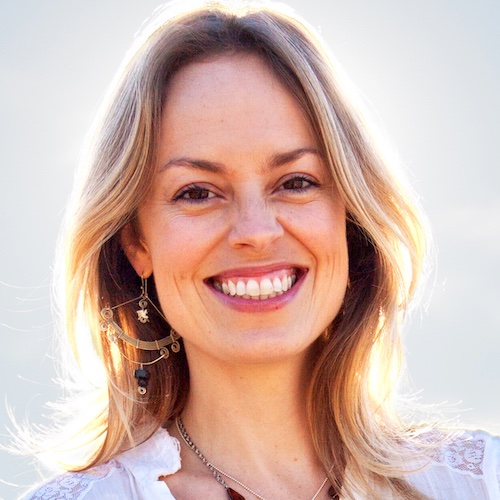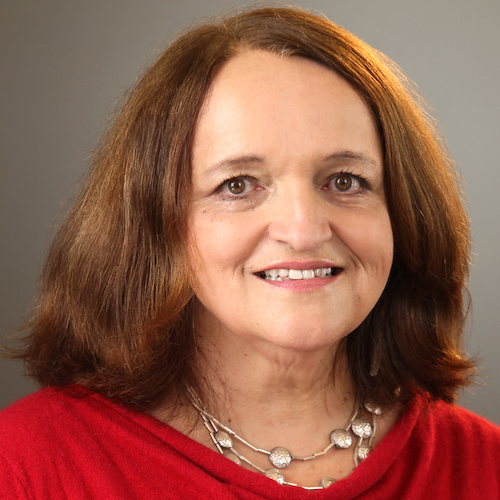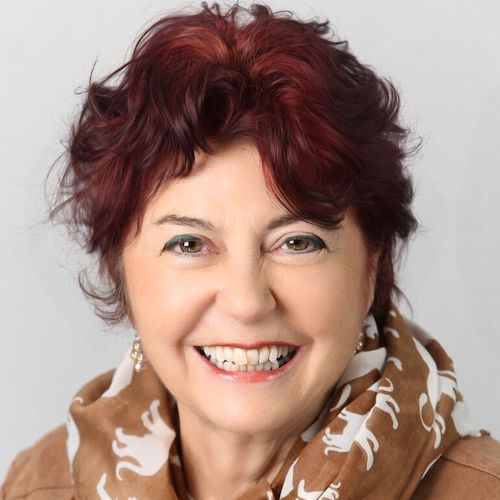Peace garden, narrative research study selected for post-pandemic initiative funding
February 25, 2022
Innovative community-focused projects are part of USC Chan’s $2.5M ReSPONs Initiative.
Awards Community and Partners Health and Wellness Pandemic Research
By Mike McNulty
Peace and understanding have been in relatively short supply throughout the COVID-19 pandemic. To help restore them both in the wake of the past two tumultuous years, the USC Chan Division is funding two new faculty-led, community-focused projects.
Digging deep
The University Park Peace Garden Project will transform a dilapidated residential lot owned by USC in the North University Park Campus neighborhood into a flourishing urban garden in which educational, research and health programming can serve community needs. Associate Clinical Professor Camille Dieterle will be leading the project.
“During the pandemic, we saw how vitally critical outdoor spaces are for people’s physical and mental health,” Dieterle said. “Not only will the peace garden immediately increase green space access and biodiversity in the UPC neighborhood, it will make a lasting impact on people’s health and wellness.”
A stakeholder needs assessment is already underway, and once redesigned and replanted, the garden and the programming to be offered within it will demonstrate environmental sustainability, social and environmental justice, health promotion and wellness and community safety. The garden is equal parts classroom, laboratory and community center that together will serve USC students, faculty and staff, children and families affiliated with the non-profit organization SOLA Community Peace Center as well as the neighborhood’s own local residents. Partners slated to participate include the USC Office of Sustainability, SOLA Community Peace Center, USC Landscape Architecture, USC Real Estate, USC Garden Club and the USC Department of Public Safety.
“What I’m most excited about are the opportunities that the peace garden can provide for sensory and wellness experiences outside of classroom buildings, for enabling service learning and experiential education and for greater community access to the natural environment in the heart of Los Angeles,” Dieterle said.
Back to the future
Professor Mary Lawlor and Clinical Professor Erna Blanche will be co-principal investigators of Building the Future: Managing Uncertainty in the Lives of Autistic Children, Families, and Clinicians. The qualitative study will use narrative-based inquiry strategies to better understand the lived experiences during the COVID-19 pandemic of autistic children, their families and health service providers. The study will especially focus on how participants have been making sense of the intersectional effects of health and social inequities and racial injustices, as well as how they are navigating complexities and uncertainties in this unprecedented time.
The research team will conduct narrative interviews with 10 family members of children with autism spectrum disorder aged 2-18 — with a focus on families with Black, Latinx and/or female autistic members — and with 10 clinicians, including several occupational therapists.
With a spirit of collaboration and partnership, this study will help elicit multiple perspectives, including those of clinicians, to bridge understandings about home, community and clinical practice worlds. By doing so, it can also address service gaps that have resulted from the pandemic, and enhance existing services for autistic individuals moving forward.
“The beauty of this project is its partnership with our Sensory Processing and Autism Network collaborators,” Blanche said. “People are the experts of their own lives, and with the help of our community-based partners, we can have a chance to better understand the nuances and issues that families have faced through pandemic.”
Blanche and Lawlor were also awarded the division’s 2021 Lisa A. Test Endowed Research Award to fund their project titled Building the Future: Managing Uncertainty in the Education of Autistic Children, Teachers and Related Support Services. This award expands Blanche and Lawlor’s ReSPONs study to examine teachers’ and service providers’ unique experiences during the pandemic within the settings of educational systems.
A committed response
Both projects are being made possible by the USC Chan Division’s Responding to Society’s Post-pandemic Occupational Needs (ReSPONs) Initiative.
One component of the ReSPONs Initiative is a seed grant mechanism to support early-stage projects which can be completed in one year, with the possibility of leveraging additional funding opportunities. These seed grant-funded projects aim to accelerate innovations across research, education and clinical practice within the Division.
“These projects are such exciting, innovative engagements between the division and our surrounding communities because they address the complex occupational needs of individuals, families and populations, both in the immediate aftermath of the public health pandemic, and into the years ahead,” said Grace Baranek, USC Chan’s associate dean and chair.
Learn more about the ReSPONs Initiative at chan.usc.edu/about-us/respons.
⋯









